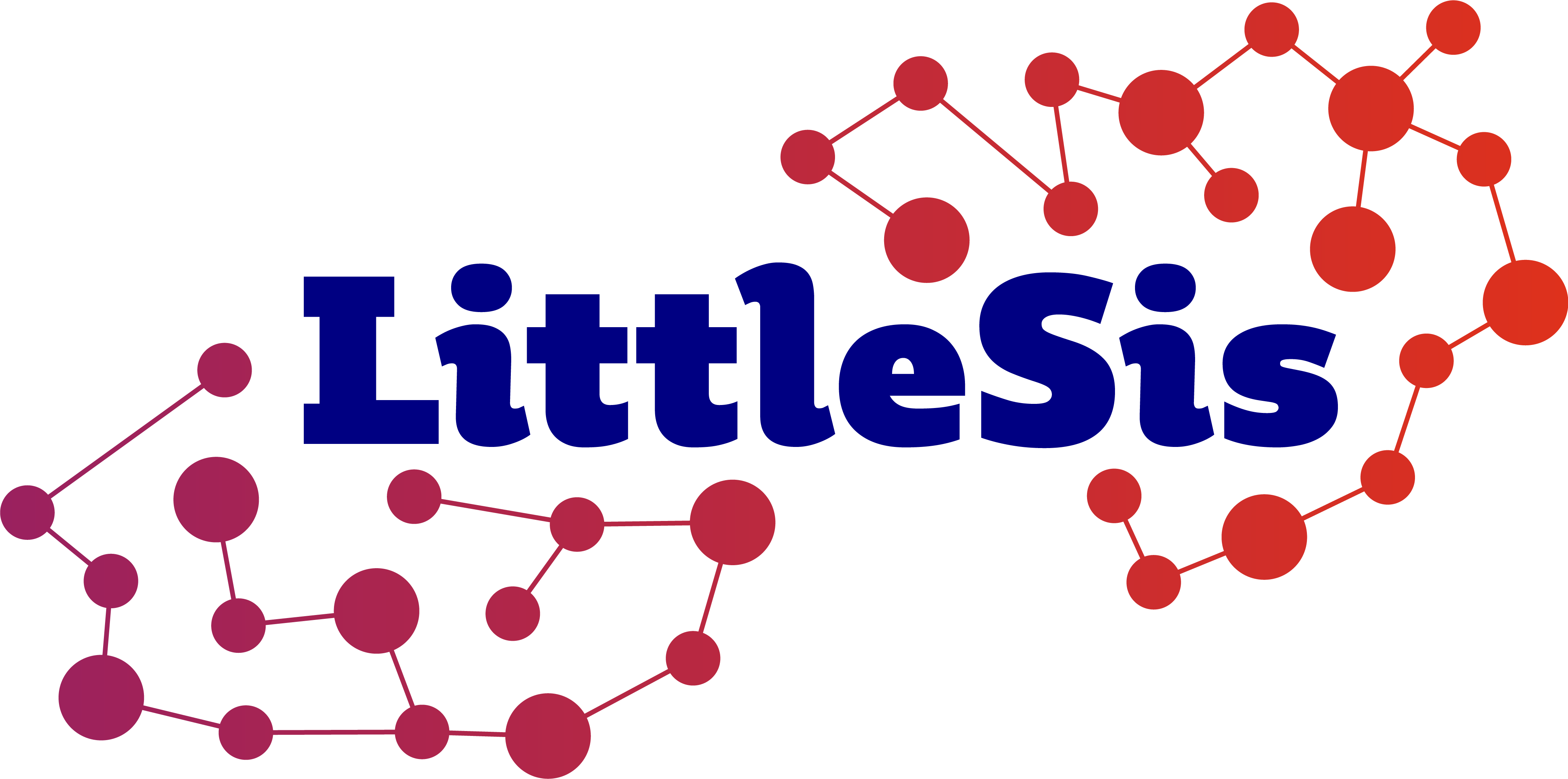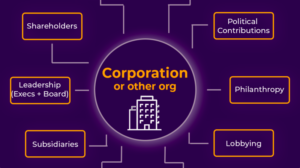6. Lobbying

What to look for: How much money does a company spend trying to influence policymakers? Which policymakers is the organization trying to influence? Who has the organization hired to lobby for it?
Companies are required to disclose who they hire to contact the government to advocate on specific laws or regulations. These lobbyists are often former government employees– Congresspeople, regulators, or other staffers–who have passed through the revolving door to leverage the contacts they made in their government positions for personal gain by the private sector.
This information is useful to know because it can help explain why a policymaker may have adopted certain positions. It can also reveal who the preferred influencers for a particular industry or corporation are and what level resources are being deployed to promote or kill a certain regulation or piece of legislation.
Where to find it: OpenSecrets lobbying database, Senate Lobbying Disclosure Act Database, state lobbying databases.
Power Research in Action
The fossil fuel industry has one of the most powerful lobbying apparatuses in the U.S. In 2023, the organization F Minus released a report showing that many liberal cities and counties across the U.S. are employing lobbyists who also lobby for the fossil fuel industry. In response to the report, a coalition of environmental justice organizations called on local governments, schools, businesses, and other “social-minded organizations” to cut ties with fossil fuel lobbyists.
Political Spending Research in Action: The Public’s Case Against DTE

Activists in Michigan have taken on DTE Energy, a gas and electric utility monopoly that has extracted billions of dollars in profits from Michiganders while polluting the air, working to block and delay the transition to renewable energy, and exerted influence over the state government through millions of dollars in lobbying, political action committee (PAC) donations to politicians, and dark money political expenses.
In 2022, when DTE Energy was seeking to hike the rates paid by its captive customers by $388 million, organizers with We the People Michigan and Michigan Environmental Justice Coalition used power research to fight back and to organize community members in support of an alternate vision for providing clean, affordable, democratically-controlled energy for their communities.
Working with LittleSis, We the People Michigan and Michigan Environmental Justice Coalition researched the power networks at DTE Energy and documented the corporation’s harmful impacts on public health, the environment, and Michigan politics. The report “The Public’s Case Against DTE Energy” included an analysis of DTE’s political spending – giving more than $2.4 million to the campaigns of Michigan political candidates and party committees through donations from its board members, employees, and political action committee from 2019 through 2021 and spending nearly $900,000 on lobbying in that time period. The report also followed more than $5 million spent by a network of political dark money groups created by DTE on political attack ads and channeled to community and faith-based groups that came out in support of DTE’s policy positions and to other groups with close ties to Michigan politicians. DTE board members’ ties to elite corporate advocacy groups and other civil society organizations were included in a section detailing the corporation’s reach into and influence in non-governmental policy planning networks.
Structured like an indictment, the power research into DTE’s political and cultural influence along with research on how the corporation’s activities were harming Michiganders’ health and environment to organize opposition to DTE’s request to hike rates on its customers. We the People Michigan and Michigan Environmental Justice Coalition held a press conference in front of DTE headquarters with other allied organizations and with Detroit Congressmember Rashida Tlaib to reveal the report findings and mobilize members of the community to speak out at an upcoming public hearing held by the Michigan Public Service Commission. More than 200 people attended the public hearing – Michigan’s first for a rate hike case – and so many people testified against the rate hike that the meeting lasted for nearly three hours.
When the Michigan Public Service Commission ruled on DTE’s rate hike request, the commission reduced DTE’s rate hike by 90% from $388 million to $30.5 million. The commission also rejected DTE’s request to reduce its payments to customers with solar panels that provide electricity to the grid.








